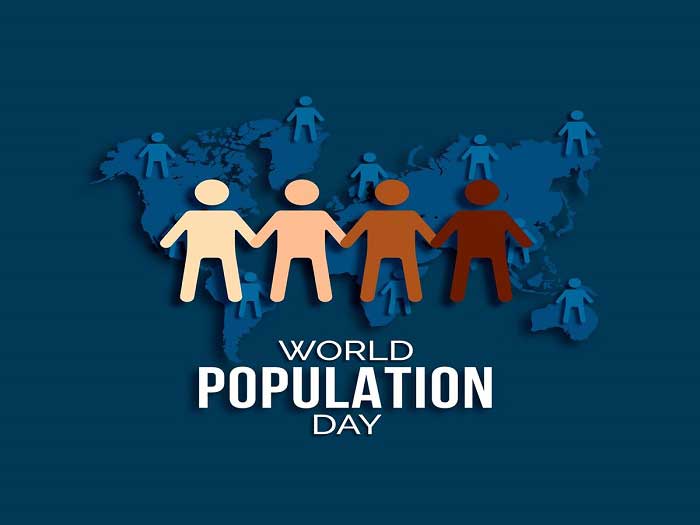
On the occasion of the commemoration of World Population Day on July 11, Cuba reaffirms the strong political will it places on these issues by holding the International Meeting on Good Practices, Demographic Dynamics, and its Relationship with Social Security in the Region in Havana.
Havana, Cuba.- Every year, the date seeks to draw attention to relevant international demographic issues, focusing this time on respect for sexual and reproductive rights as one of the problems associated with declining fertility, identified as a top priority by the recently released State of World Population report.
Pedro Kumamoto Aguilar, Secretary General of the Inter-American Conference on Social Security (CISS), emphasized to the press the need to raise public awareness about these issues, in a context where trends in Latin America and the Caribbean have reversed, marked by migration, declining birth rates, and a reduced population replacement rate, which poses a challenge to the financial support of pension schemes and other social expenditures.
He specified that although the situation may seem daunting, this forum, held jointly with the Ministry of Labor and Social Security and the United Nations System in Cuba, is being held to recognize a reality where human mobility exists, there is a lower birth rate, and advances in science and healthcare allow for new alternatives such as remote work and extending working life.
Kumamoto Aguilar noted that the current situation calls for immediate action, as it is necessary to respond to the challenges facing a region where, by 2060, according to estimates by the Economic Commission for Latin America and the Caribbean (ECLAC), 30 percent of its population will be over 65 years old.
Given this scenario, we can learn from Cuba's experience, which has seen a decline in its population replacement rate since 1978. This means that the island now has more than four decades of experience in analyzing the birth rate and its social security systems' adaptability in addressing this reality, always with the specificity that a dignified retirement is conceived as an established right, not a commodity, he acknowledged.
Marisol Alfonso de Armas, head of the United Nations Population Fund (UNFPA) Office on the island, stated that the event, in line with these messages, places special emphasis on young populations, since globally they are the ones who currently lack the opportunity to make decisions about their reproductive lives for various reasons related to socioeconomic and financial factors, lack of access to housing, decent jobs, access to sexual and reproductive health services, gender inequalities, and a lack of confidence in the future, in a global climate of great insecurity.
She noted that for UNFPA, holding this meeting is part of its mandate in the country. It is part of the program signed with the Cuban government, where addressing demographic change is a fundamental focus, an essential commitment.
This will be the case, and is expected to continue for the next five years. A new program is currently being formulated, scheduled to begin in 2026.
This program will focus on understanding demographic change and generating information for decision-making, not only in the more traditional realm of population studies, but also through the interconnections between demographic change and other areas of the country's development, such as economic development, the environment, food security, and social protection, among others, she concluded. (ACN)